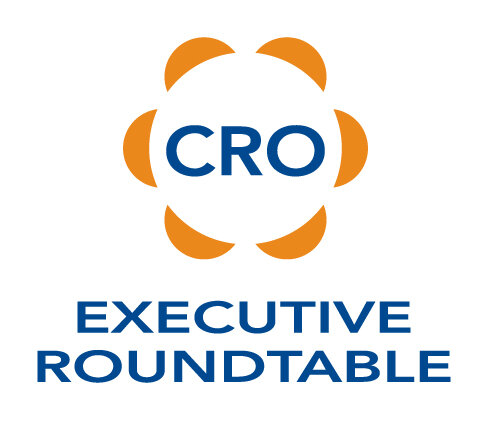Do Millennials and Gen Z expect to be in the C-suite too soon? It appears so. Also, that is Gen Z…if you are still trying to understand Millennials, better buckle up as Gen Z is now in the workplace.
From Human Resource Executive:
A recent survey by InsideOut Development, a workplace coaching firm, finds that 75 percent of Gen Z members believe they should be promoted within their first year on the job, while 32 percent believe they should get a promotion within their first six months.
There is something to be said for aspiring to climb the corporate ladder. However, the promotions that many of them seek are truly beyond their reach at this point in their career. This desire to ascend quickly in the company does appear to be common to the Millennial generation.
As a CRO, you need to make sure you have a plan for handling the younger generations’ desire to rise within the company. This aspiration is present from your initial hiring process so there are three adjustments to make for these generations.
Discuss career path in the interview
Retention starts in the interview process before you hire a new salesperson. You do not need to have a career path for the candidate laid out in fine detail. However, you should be able to sketch out a general path for successful employees to move up in the company.Increase the frequency of reviews
Many companies avoid reviews due to the thought that positive reviews lead to mandatory raises. Not so, you can conduct performance reviews separate from compensation reviews. The younger generations are used to voluminous feedback. Bi-annual reviews provide a structured format for continued employee development.Assess for motivations and rewards
One component of our assessments provides in-depth measurements of a person’s motivational pattern and reward structure. As a CRO, you will know if that salesperson is driven to lead, driven to sell, driven towards both. In conjunction, you will know what rewards them. For some, self-improvement and advancement are more important that money.
The key is to keep a pulse on your salesperson’s enjoyment of the job and near-term advancement goals. This awareness has always been a component of successful sales leadership. The younger generations have grown up with ubiquitous feedback. They have short response times and a need for frequent guidance from their managers. In a way, the younger generation’s needs will help you become a better CRO.
3 takeaways for dealing with Millennial and Gen Z salespeople:
Stay focused on a career path for this role even as you are interviewing candidates
Set a 6 month schedule for performance reviews and anticipate weekly debriefs in between
Use assessments to understand the motivational-reward structure of your salespeople





